The Financial Times recently quoted three officials from the European Union (EU) as saying that the deforestation risk classification would be temporarily suspended. Instead, the EU would assess the deforestation risk as medium for all importing countries, giving them time to adapt to the new regulations. The reason for this decision was that officials needed more time to finalize the previous classification system, which was divided into three levels: Low, Medium and High.
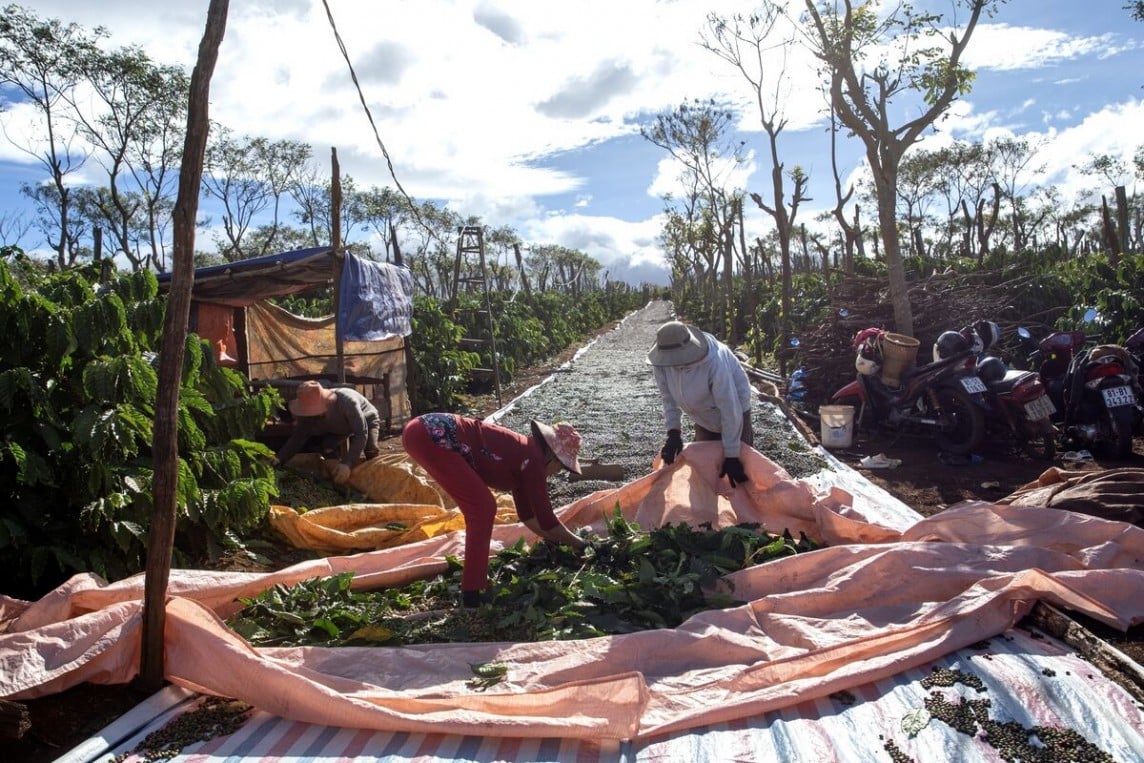 |
| Farmers harvest coffee in Dak Lak. Photo source: Maika Elan, Bloomberg |
Launched in December 2022, the European Union Deforestation-Free Regulation (EUDR) aims to reduce and eventually eliminate deforestation in agriculture, which is a leading contributor to climate change. Specifically, the EU will ban the import of 7 products including: Livestock, cocoa, coffee, palm oil, soy, rubber and wood if they are found to have caused deforestation and degradation during production and processing. Businesses have 18-24 months after the EUDR comes into effect to demonstrate that their products meet the requirements of the EUDR.
If they pass the EUDR inspection, goods from exporting countries will be assessed based on three risk levels: Low, Medium and High. Specifically, EU member countries will inspect 9% of shipments from countries with high deforestation risk, 3% of shipments from countries with medium risk and 1% of shipments from countries with low risk. In particular, low-risk items that are within the same region/country as a high-risk item also face the risk of being considered high-risk items by the EU.
Obstacles and opportunities from EUDR
Since its introduction, the EUDR has been subject to criticism from business representatives and experts globally, due to concerns that coffee producers will not be able to make the necessary changes and prove the origin of their products in time for the deadline set by the EU.
In Vietnam, many businesses have encountered many difficulties in proving the origin. Responding to the press, Ms. Tran Quynh Chi - Director of the Asian Landscape Region, Sustainable Trade Initiative (IDH) said that currently 70 - 75% of coffee plantations do not have location data according to EUDR.
According to the Vietnam Coffee and Cocoa Association, up to 95% of the coffee cultivation area is not under the management of state-owned companies. Furthermore, the amount of coffee grown on households is very small, making it difficult to trace its origin.
In an interview with Perfect Daily Grind, Stuart Ritson, a consultant on coffee purchasing and quality control in the Netherlands, said that the EUDR classification scale currently lacks in-depth analysis and has many major risks. “This could lead to traders, roasters or even large groups in the industry ending cooperation with an entire country to avoid higher levels of supervision from the EU,” said Stuart Ritson.
Sharing the same view, Mr. Auret Van Heerden - CEO of Equiception consulting company (Switzerland) said that the EUDR classification system could negatively affect coffee growers and small businesses, who had complied with previous regulations, but could not meet the necessary data and standards.
However, Mr. Auret Van Heerden said that EUDR also brings many benefits to investors. Accordingly, businesses can more easily identify and manage social and environmental risks with the traceability technology and data provided by EUDR. Thereby, businesses can improve human rights issues for indigenous people, while improving farming conditions by conserving forests, water resources and biodiversity.
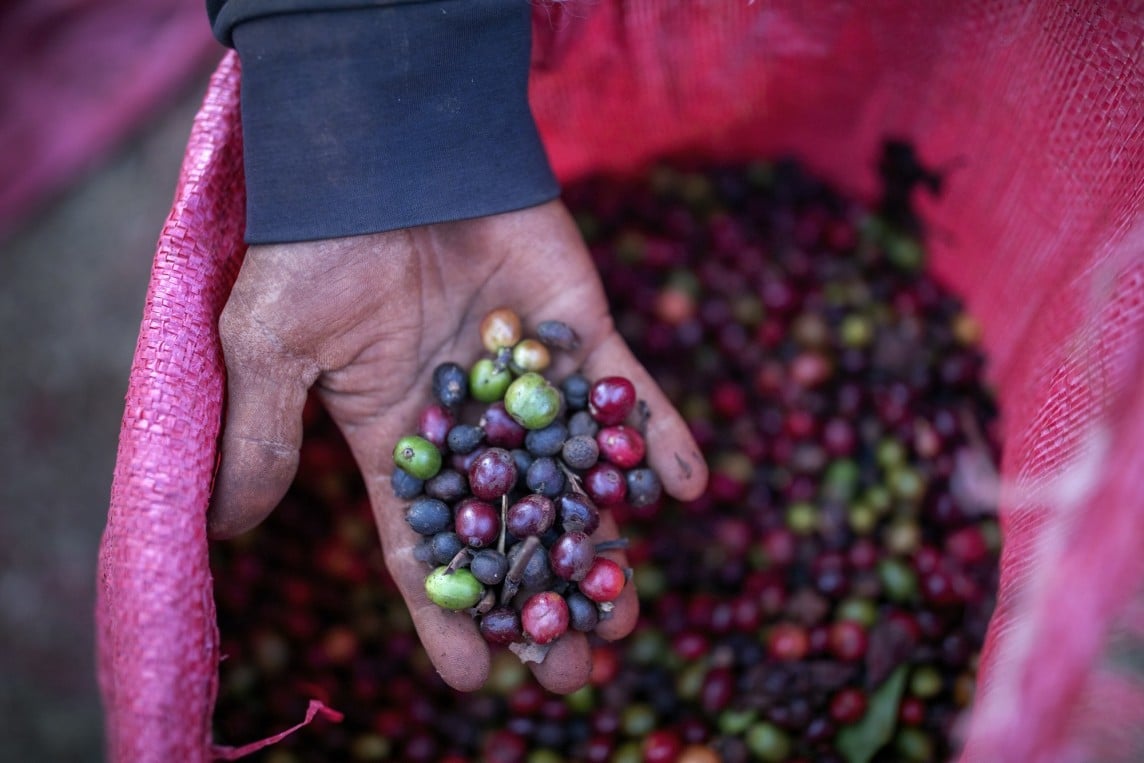 |
| Coffee berries harvested by Vietnamese farmers. Photo source: Maika Elan, Bloomberg |
Action from EUDR decision
According to experts, Vietnamese coffee businesses can take advantage of the time before the EUDR is revised to complete procedures and production processes. In particular, it is necessary to refer to the EUDR adaptation action plan framework to prepare for upcoming policy changes.
Specifically, the plan includes actions such as: Strengthening close monitoring of high-risk areas; building and recognizing a national database on natural forests and plantation areas; identifying appropriate solutions in monitoring, protecting and restoring forests and establishing a traceability system, supporting livelihoods, sustainable production, etc.
Furthermore, this is also a golden time for policy makers to focus more on smallholders and coffee farmers. Especially in developed economies like Vietnam, deforestation is closely linked to economic and social inequality and poverty. When the agricultural economy is unsustainable, coffee farming will become even more unsustainable.
“Without market regulation, farmers will move away from unprofitable products or even abandon farming altogether,” said Auret Van Heerden.
In particular, Mr. Auret Van Heerden emphasized that cooperation from suppliers and buyers is the key to success in dealing with the EUDR. “Most importantly, buyers must be sure that producers can meet the expectations of the EUDR. There needs to be investment from coffee importers in training systems, establishing management and progress tracking systems, and risk identification technology for producers,” he said.
Source






![[Photo] Prime Minister Pham Minh Chinh chairs conference on anti-smuggling, trade fraud, and counterfeit goods](https://vphoto.vietnam.vn/thumb/1200x675/vietnam/resource/IMAGE/2025/5/14/6cd67667e99e4248b7d4f587fd21e37c)

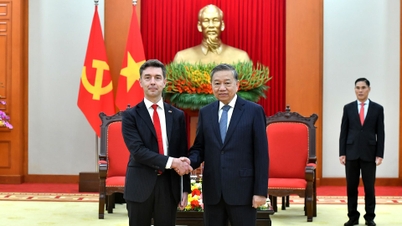

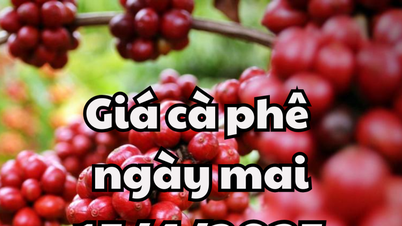

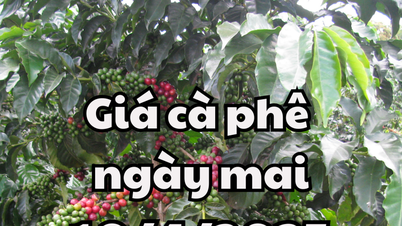

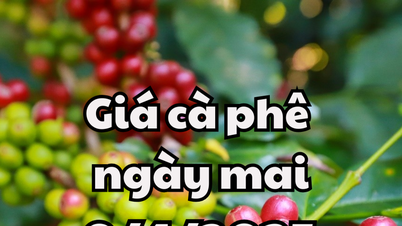




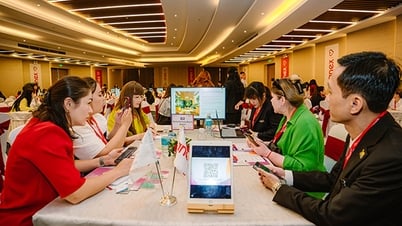




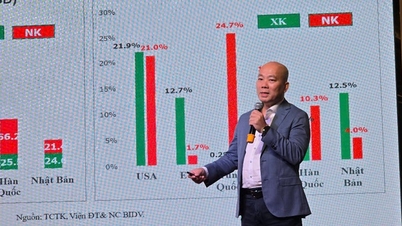






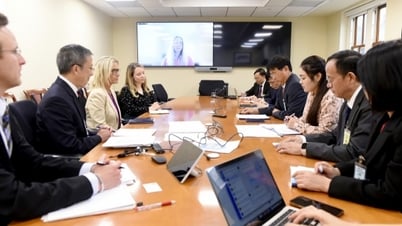
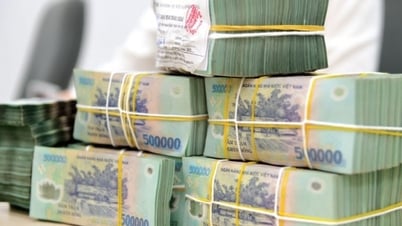
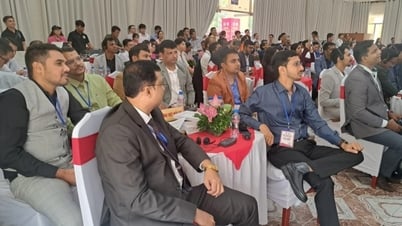
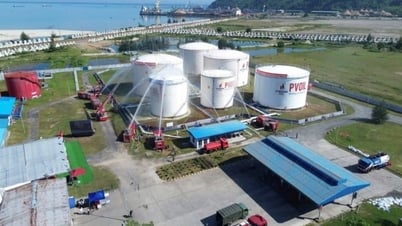
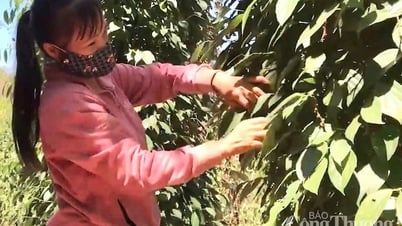
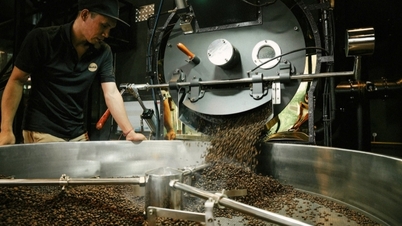















































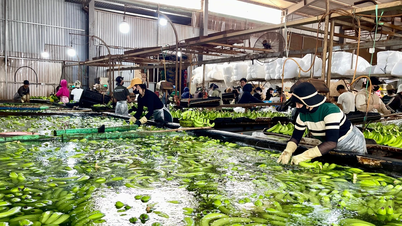
















Comment (0)